The Government's recent proposal to exempt and reduce land rent for semiconductor chip projects to develop this industry in Vietnam is completely correct - Photo: AL ARABYA
Therefore, the Government's proposal to exempt and reduce land rent for semiconductor chip projects to develop this industry in Vietnam is completely correct, especially when we are aiming to build an independent and self-reliant economy on a high-tech platform.
In fact, such policies have long been implemented to encourage and attract FDI into Vietnam.
Of course this has had positive effects.
Many large foreign and multinational industrial corporations have moved and built many of their production facilities in Vietnam, the most typical of which is the Samsung Group of Korea.
But given that the host country's goal is to build up the relevant national industries, specifically those industries that must continue to exist and stand firm after FDI enterprises withdraw, the effectiveness of the policy is a big question.
Therefore, at this point, not only proposing one or a few policy solutions, the Government needs to have a comprehensive and overall strategy to build the semiconductor chip industry in Vietnam. So what do we need to do to achieve that goal?
In terms of context and goals, at this point in time, it is completely different from when the world's largest semiconductor chip manufacturing corporation from Taiwan, TSMC, started up in 1987, but the world already has TSMC itself and many other corporations that have been manufacturing and supplying chip equipment at many different stages.
Therefore, for Vietnam to build its own chip industry, it will have to face huge competitive challenges.
If the goal is only to encourage foreign corporations to move their existing production facilities to Vietnam to benefit from financial costs such as taxes, land rents, and even cheap labor, it is feared that it will no longer be appropriate and may even be risky.
For example, chip manufacturing cannot rely on cheap, unskilled labor; or the risk is that we will have factories but no technology transfer.
Moreover, in the new context, policy proposals should not come from mere research labs or advisory departments but from collaboration in dialogue and exchange between the Government, independent consultants and businesses themselves.
Because chip is a global industry, if you want to develop it from the beginning, it is very important to have a choice of which consultants and which businesses will be the main ones for consulting and support purposes.
Consultants will provide independent and multi-dimensional assessments, while businesses will indicate their actual needs.
Because no company, including TSMC, can do everything about chips, it only focuses on the manufacturing stage, leaving the design and packaging stages to others. For Vietnam, perhaps we should also approach the problem in the same way.
Source: https://tuoitre.vn/can-mot-chien-luoc-tong-the-ve-chip-ban-dan-20250428081821761.htm


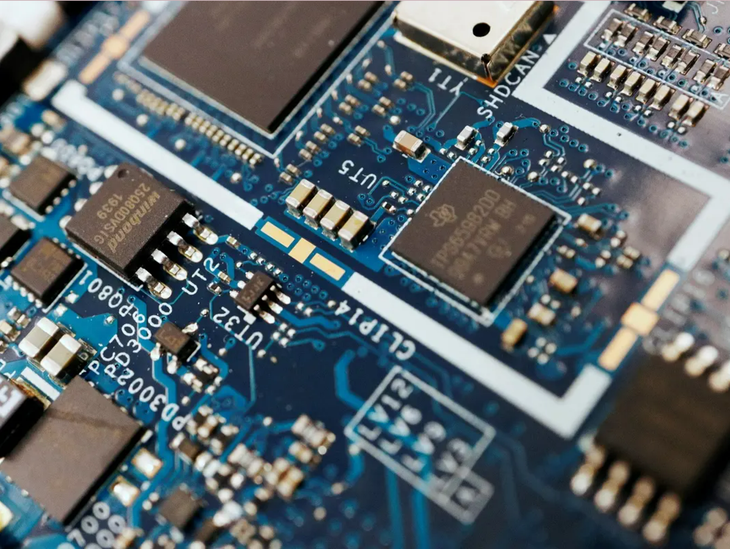
![[Photo] General Secretary attends special art program "Spring of Unification"](https://vphoto.vietnam.vn/thumb/1200x675/vietnam/resource/IMAGE/2025/4/29/e90c8902ae5c4958b79e26b20700a980)

![[Photo] Ho Chi Minh City residents "stay up all night" waiting for the April 30th celebration](https://vphoto.vietnam.vn/thumb/1200x675/vietnam/resource/IMAGE/2025/4/30/560e44ae9dad47669cbc4415766deccf)
![[Photo] Nghe An: Bustling atmosphere celebrating the 50th anniversary of Southern Liberation and National Reunification Day](https://vphoto.vietnam.vn/thumb/1200x675/vietnam/resource/IMAGE/2025/4/29/64f2981da7bb4b0eb1940aa64034e6a7)
![[Photo] Hanoi is brightly decorated to celebrate the 50th anniversary of National Reunification Day](https://vphoto.vietnam.vn/thumb/1200x675/vietnam/resource/IMAGE/2025/4/29/ad75eff9e4e14ac2af4e6636843a6b53)
![[Photo] Ho Chi Minh City: People are willing to stay up all night to watch the parade](https://vphoto.vietnam.vn/thumb/1200x675/vietnam/resource/IMAGE/2025/4/29/cf71fdfd4d814022ac35377a7f34dfd1)









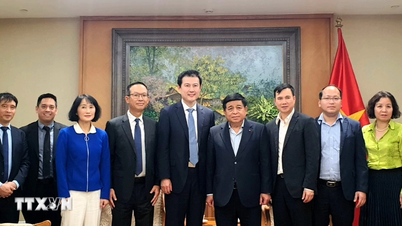


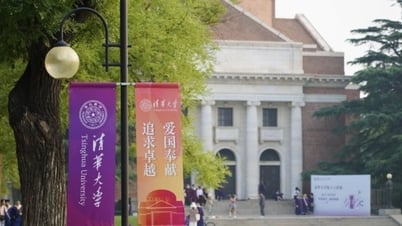

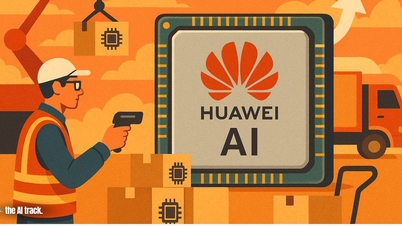












![[Photo] Prime Minister Pham Minh Chinh meets to prepare for negotiations with the United States](https://vphoto.vietnam.vn/thumb/1200x675/vietnam/resource/IMAGE/2025/4/29/76e3106b9a114f37a2905bc41df55f48)










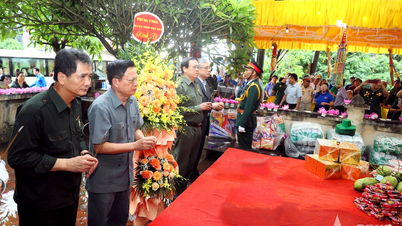
















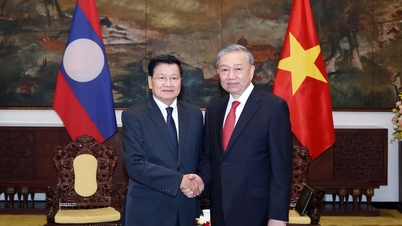


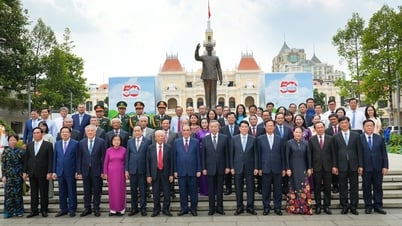





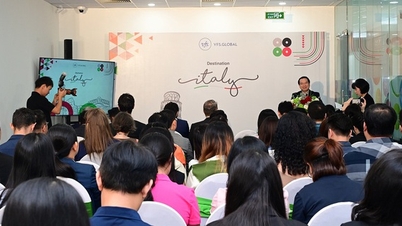

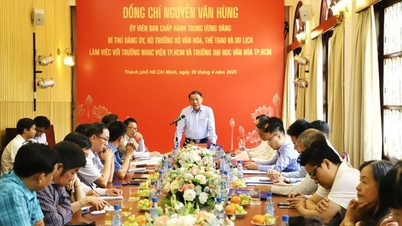






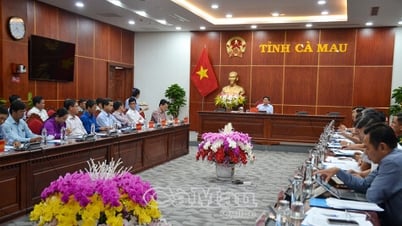


















Comment (0)